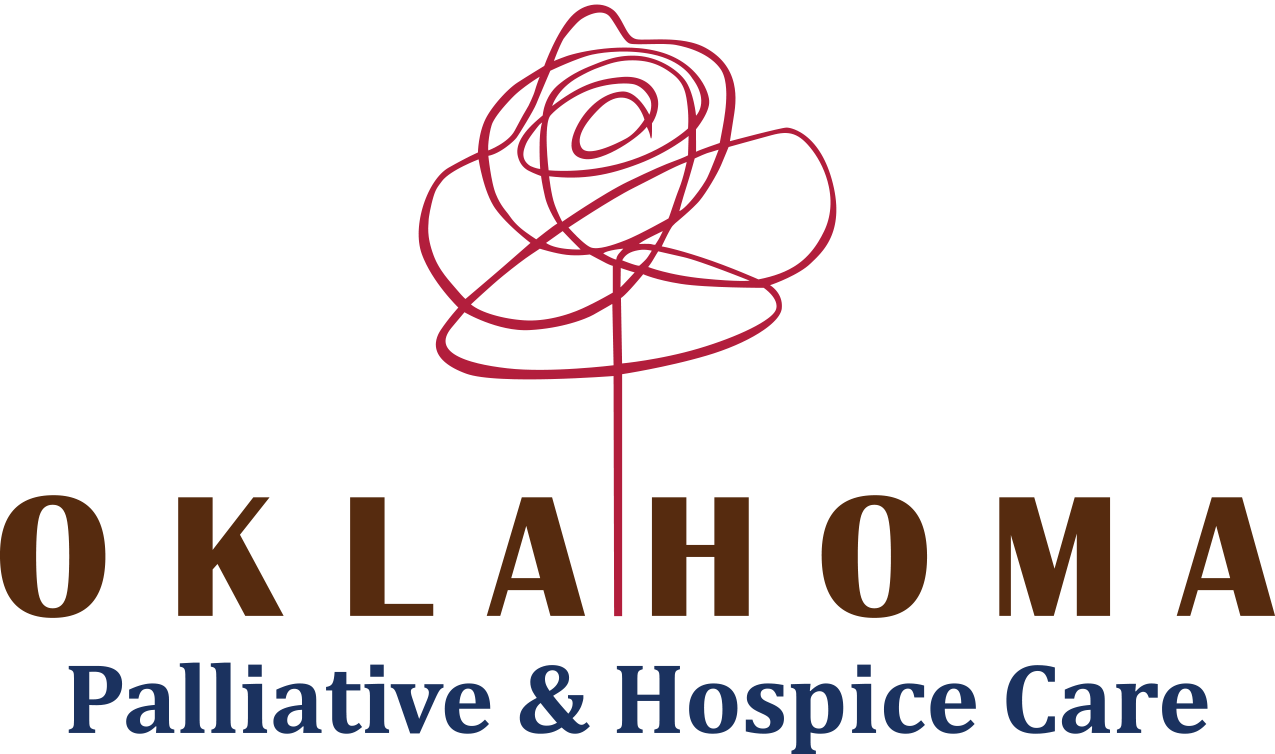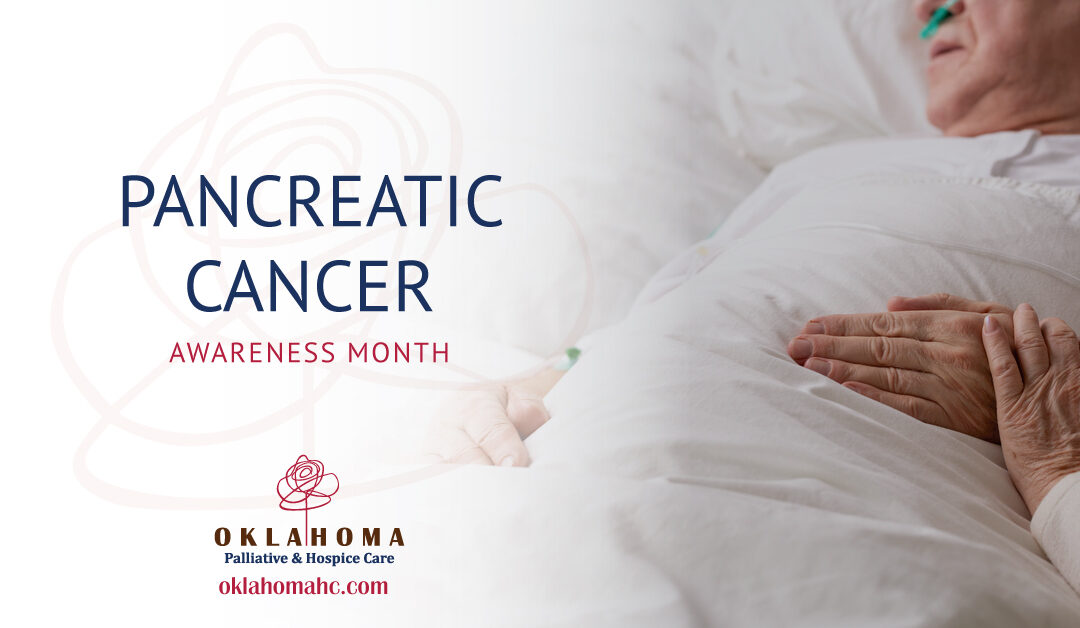Pancreatic Cancer Awareness Month is the perfect time to learn more about pancreatic cancer, the third-deadliest cancer in the United States, as well as an opportunity to learn more about how you can help prevent it.
Pancreatic cancer is a disease that affects the pancreas, an organ that produces hormones and enzymes used by the body to digest food. The symptoms can be vague and hard to identify, so early detection is critical.
In 2022, approximately 62,210 people in the United States will be diagnosed with pancreatic cancer, with more than 49,830 dying from the disease. Pancreatic cancer is the third leading cause of cancer death in the U.S. and is expected to become second by 2030.
Pancreatic cancer is typically diagnosed late when it’s too late to treat effectively. And often, there are few symptoms until the disease has progressed significantly—so people at high risk for developing pancreatic cancer must be aware of their risks and know what to look out for.
Some basic information about pancreatic cancer:
- It’s estimated that about 42% of patients will die within five years of being diagnosed with pancreatic cancer.
- Pancreatic cancer is more common in men than women and typically affects people over the age of 50.
- The American Cancer Society estimates that more than 25% of pancreatic cancers are caused by smoking cigarettes and using other tobacco products for 30 or more years.
Pancreatic cancer is often called “the silent killer” because it is difficult to detect at its early stages. As a result, it usually does not cause symptoms until it has reached an advanced stage.
The most common symptom of pancreatic cancer is pain or discomfort in the upper abdomen.
Other symptoms include:
- Jaundice (yellowing of the skin and eyes)
- Weight loss
- Weakness and fatigue
- Indigestion
- Nausea and vomiting
- Loss of appetite
- Pain in the abdomen or back
- Blood in stool or urine
Some people with pancreatic cancer have no symptoms at all. Pancreatic cancer has few effective treatments, but early detection can help you live longer with a better quality of life.
If you or someone you love has been diagnosed with pancreatic cancer, there are treatments available that can help improve your prognosis. Your doctor will determine which therapies will work best for your condition based on your age, overall health status, and other factors.
But it’s not just about raising awareness: Pancreatic Cancer Awareness Month is also about supporting those fighting this disease. It’s about remembering those who have lost their lives to pancreatic cancer—and celebrating those who are still with us today.
If you know someone with pancreatic cancer, or if you have pancreatic cancer yourself, please reach out to your care team and ask about hospice care or palliative care. If your doctor isn’t familiar with these options, find someone who is. These options will help ease your suffering while allowing you to spend more time with loved ones before passing away.
At Oklahoma Palliative & Hospice Care, we believe everyone deserves quality end-of-life care—no matter what illness they have or where they live. That’s why we’re proud to offer hospice and palliative care services for patients with pancreatic cancer.
Whether you are newly diagnosed or have been living with the disease for years, we want to help you feel comfortable in your final days: comfortable knowing that there is someone who cares about what happens next for you; comfortable knowing that there is someone who understands what’s happening inside your body; comfortable knowing that there is someone who will be by your side as you go through this process.
Contact us today for more information on how we can help.

